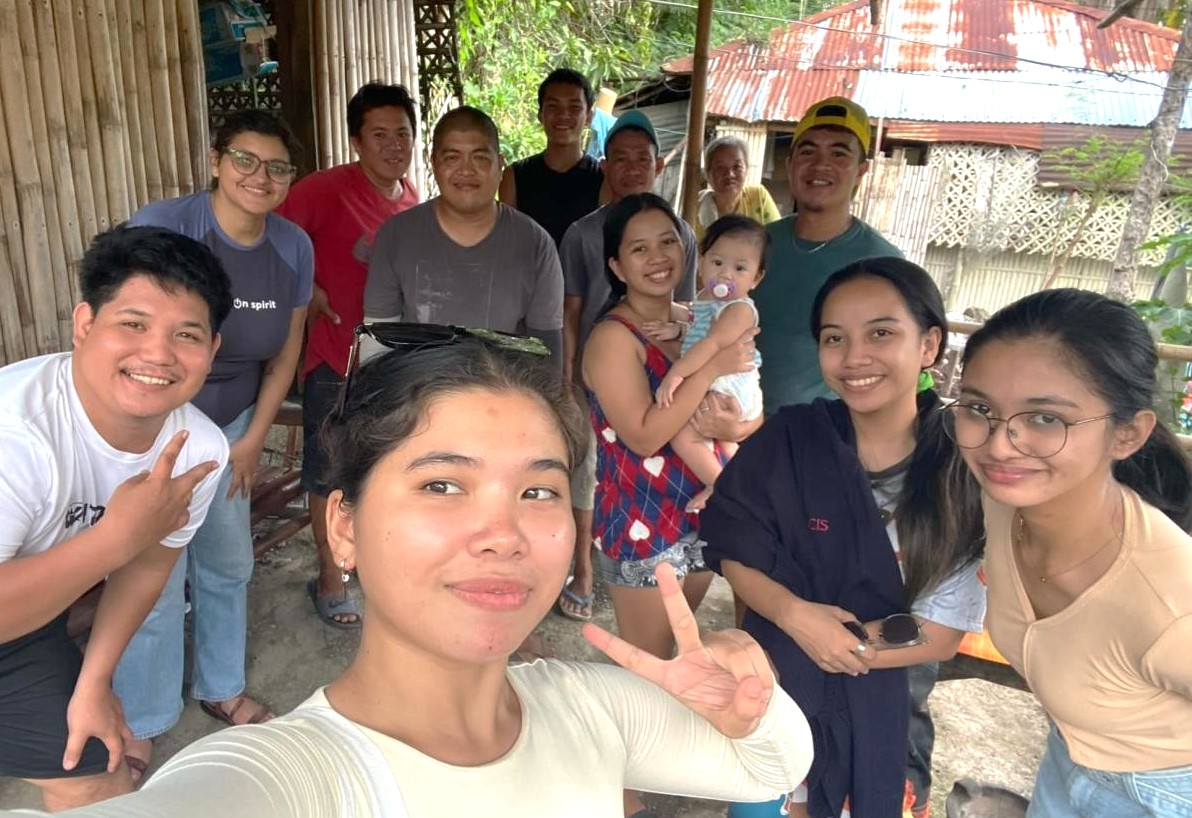
Recently, Basma Louis from the International Secretariat visited the Philippines YCW as part of the preparation of our next international council due to take place in the Philippines in 2026. During the visit, she was able to get to know better the actions being developed by the base groups, to see the reality of young people there, in particular the working students of the Philippines in many regions where the YCW is trying to take action.
Princesse: “I’m 21 years old, from Basi city. I started working in a call center 3 months ago and stopped my studies. I work 8 hours a day and have a one-hour break for a meal. I'm assigned to the night shift, so I work from 10 pm to 7 am. I don't have to do any heavy work at night, so it’s not that difficult for me. I receive almost 100 pesos for every hour I work in that call center. I plan to work there until next year, and in 2025 I will stop working and continue my studies. We only receive benefits for overtime hours and medical care, but we don’t have social security. This company often hires young students because it can pay them less.”

This is not only the case of Princesse, it is the reality of most students, not only in the Ilo Ilo Region. Indeed, it is a national problem for young people. Most of them are struggling to continue their studies because of their economic situation.
In the Philippines young people are forced to work to obtain a higher degree or to be a university graduate as this is very expensive. Education is only free until high school and in some regions like Negros, Camarines Norte and others, young people live in villages far from public schools and it takes hours to reach them, so many children and young people find themselves with no other option but to drop out of school and help their families in farming, selling fish or other informal activities to earn money.

John “ICE”: “22 years old, science and technology student in Ilo Ilo. I'm a student who works part-time in many fields, including construction and hospitality. I worked for 8 years as a dishwasher and assistant cook, but now I'm focusing on my studies. I started working at the age of 14. My work wasn't difficult, but I had to wake up very early to go to work as my shift started at 4 am until 12 pm, so I could go back to school afterwards. My salary was 100 pesos a day and remained the same for the 8 years I worked as a dishwasher. It was never raised and I never asked for more. I was working 6 days a week and only had Sunday off.”
The Philippines YCW organizes these young students who work in the Ilo Ilo region, where they often meet in the members' homes to reflect on their lives and situations, which has enabled them to identify certain problems. Working students suffer from stress and depression caused by the pandemic. Many young women face early pregnancies. Young working students receive lower salaries than regular workers, face the high cost of public transport, and have technical problems studying online as the internet is slow and this affects them. They also find it difficult to apply for jobs because of the many requirements and they lack financial resources to pay tuition fees and continue their studies.
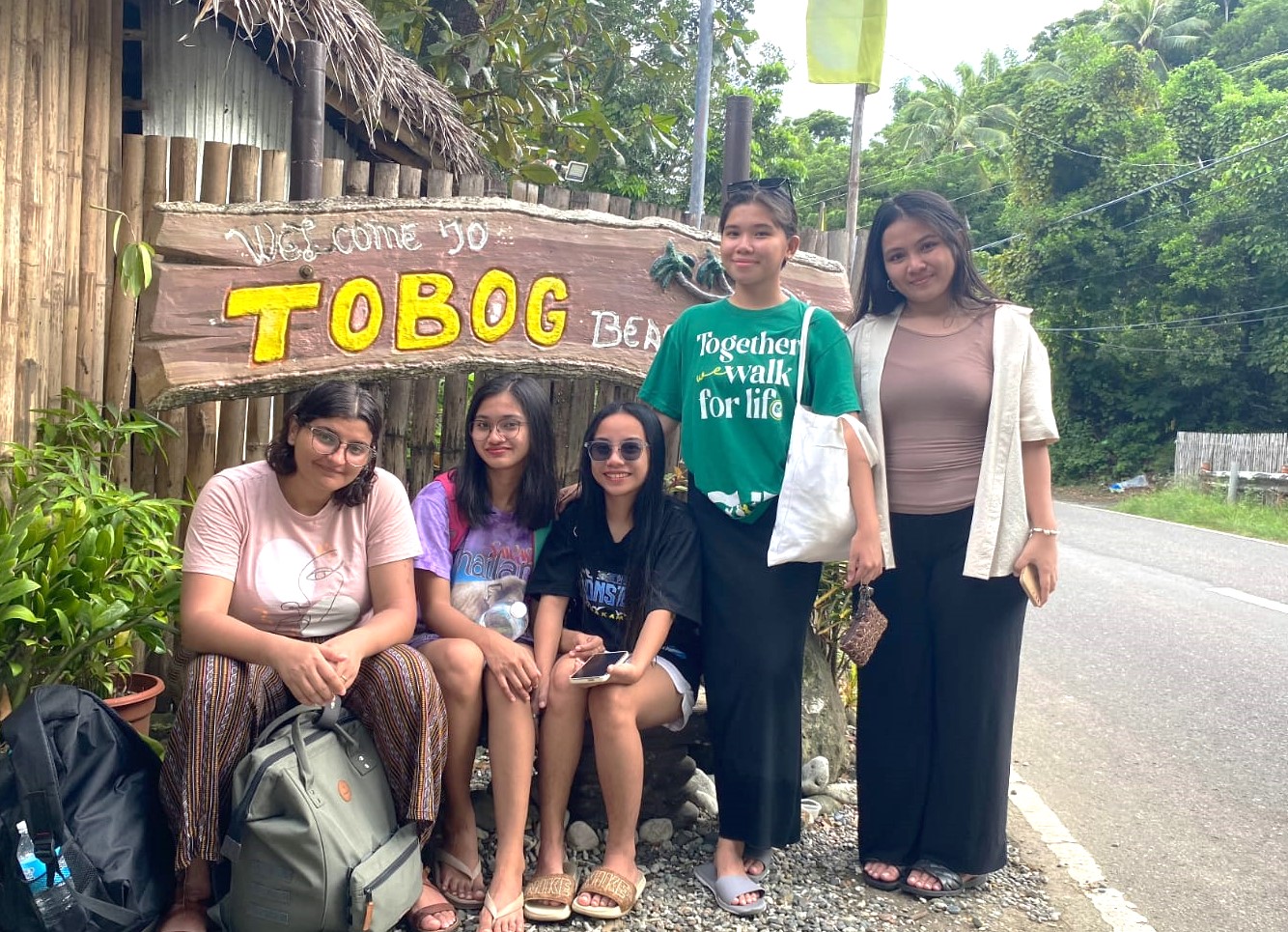
With the Philippines YCW, those working students have developed clear demands to address their reality: fair prices, flexible working time for working students, fair sharing of income (workers and landowners), livelihood alternative income, equal treatment between working students and regular workers, scholarship for working students.
The road ahead is long before these demands become reality, but with the motivation that characterizes the young people of the Philippines YCW, they will continue to take action to improve their living conditions.


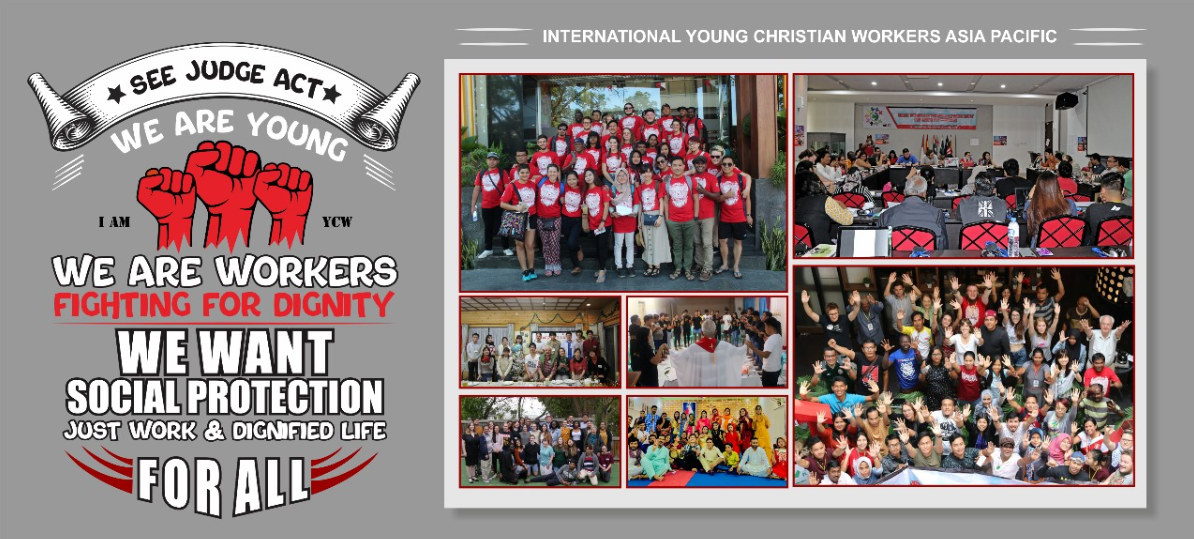
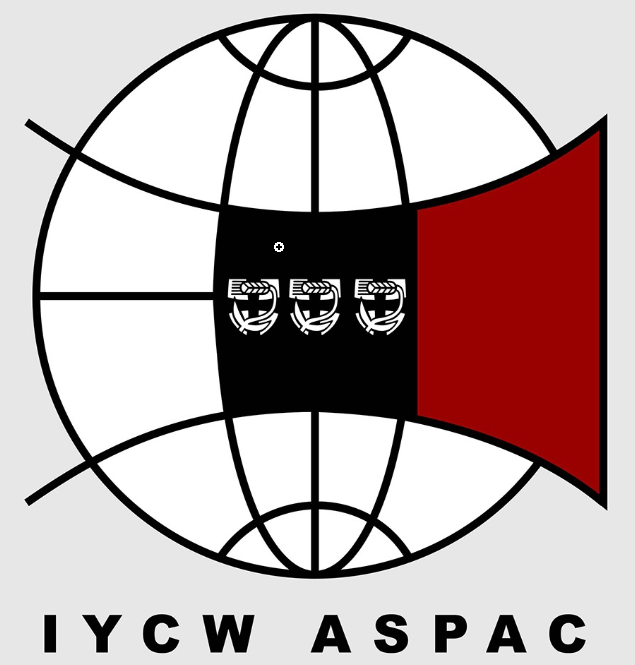


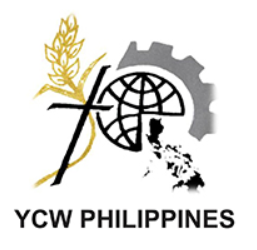
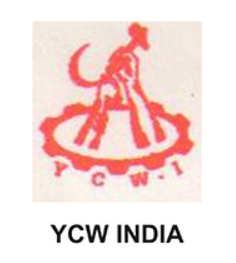
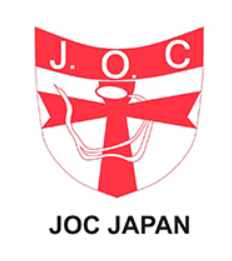
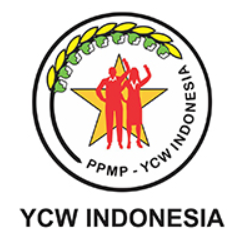
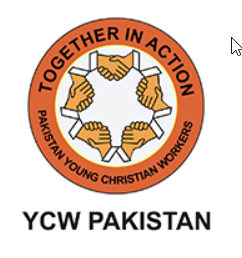
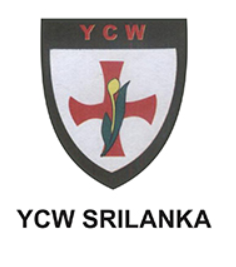
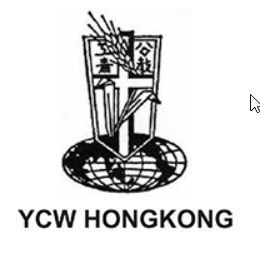

 English
English  Español
Español  Français
Français